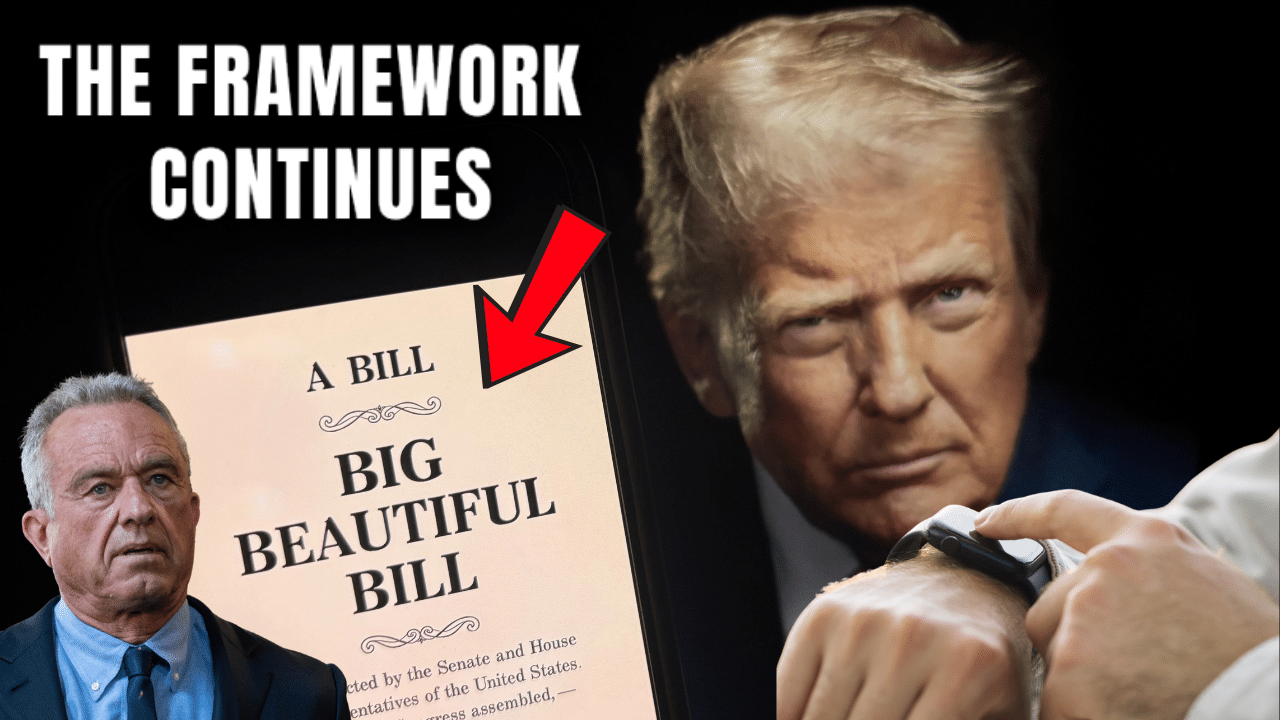In a surprising twist that has sparked both excitement and skepticism, a senior White House official recently suggested that the United States might consider leveraging its gold reserves to purchase Bitcoin.
This potential shift in financial strategy has ignited debates across economic, political, and cryptocurrency circles. Let’s dive into what’s being reported, what it could mean, and why it’s raising eyebrows.
Yahoo Finance published an article titled “White House Says Gold Reserves May Be Used to Purchase Bitcoin,” citing Bo Hines, the executive director of the President’s Council of Advisers on Digital Assets.
Hines reportedly hinted during an interview that the U.S. could use profits from its gold holdings to acquire Bitcoin in a “budget-neutral” manner.
The article, also featured on Benzinga, frames this as a potential game-changer, aligning with President Trump’s pro-crypto stance and positioning the U.S. as a leader in the global cryptocurrency market.
The proposal ties into the Bitcoin Act of 2025, introduced by Senator Cynthia Lummis (R-Wyo.), which calls for the U.S. to acquire 1 million Bitcoin—roughly 5% of the total supply—over five years.
According to Hines, this could be funded by selling Federal Reserve gold certificates, a move that would theoretically avoid adding to the national debt.
The story quickly gained traction. Posts on X from March 23 and 24 reflect a polarized public response.
Some users, like @Curtis6087, predicted it would “make a bit of noise,” while others, such as @DragonflyNana72, expressed alarm with a resounding “HE** NO!!!”
Critics on X, including @HershAlan, argue that the government shouldn’t dabble in a “high risk, unsecured, volatile” asset like Bitcoin, citing concerns over hacking and theft by foreign actors.
No major outlets beyond Yahoo Finance and Benzinga have independently confirmed Hines’ statement as of March 26, 2025, which raises questions about the story’s depth.
A search for corroborating reports from sources like Reuters, Bloomberg, or The Wall Street Journal yields no results, suggesting this may still be speculative or in early discussion stages.
However, the idea isn’t entirely new—Senator Lummis has been vocal about her Bitcoin Act, and the concept of diversifying national reserves into digital assets has been floating around crypto-friendly policy circles for months.
If true, this move would mark a seismic shift in U.S. financial policy. The U.S. holds approximately 8,133 tons of gold, valued at over $500 billion at current prices. Selling even a fraction of this to buy Bitcoin could send shockwaves through both markets.
Bitcoin’s price, already volatile, might surge with such a high-profile endorsement, while gold traditionalists could see it as a betrayal of a centuries-old store of value.
Yahoo Finance notes that Hines framed this as a way to “capitalize on the gains from its gold holdings,” implying a strategic pivot rather than a full abandonment of precious metals.
Yet, the lack of detail—how much gold? how much Bitcoin?—leaves room for skepticism. Is this a serious proposal or just a trial balloon floated by a crypto-enthusiastic administration?
The White House’s silence beyond Hines’ alleged comments is telling. No official press release or statement from the Treasury Department has surfaced to back this up, which could mean it’s more rhetoric than reality—at least for now.
Still, the timing aligns with a broader pro-crypto push. President Trump’s administration has increasingly embraced digital assets, and with figures like Hines in advisory roles, the idea of integrating Bitcoin into national reserves isn’t as far-fetched as it once seemed.
Posts on X also highlight a public trust issue. @ame1usn argued that such a decision should be a “ballot question” rather than a unilateral move, reflecting unease about government overreach.
Meanwhile, @Pepper_Rides sarcastically questioned the wisdom of swapping gold for “fake digital money,” underscoring a divide between traditionalists and crypto advocates.










